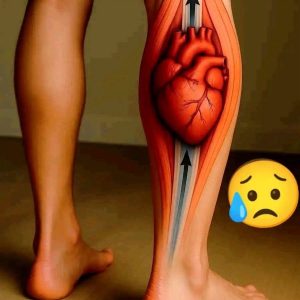
If you think sleep is meant only for nighttime, it may be time to reconsider. Studies reveal that brief daytime naps can be just as beneficial as a full night’s sleep.
Just like many animals that pause to rest throughout the day, humans are naturally designed to restore energy and maintain balance through short periods of daytime sleep.
Even a quick 20-minute nap can rejuvenate the mind and body, enhancing mood, focus, and overall performance.
1. Naps Elevate Your Mood
When you take a nap, your brain releases serotonin, often called the “feel-good” hormone. A short rest helps you relax, reduces irritability, and resets your emotional state—almost like pressing a mental reset button.
2. Enhance Focus and Learning
If you feel mentally exhausted from working or studying, a 30-minute nap can help restore concentration, while an hour-long rest can boost memory and improve your ability to solve problems.

3. Increase Alertness
Research from NASA shows that pilots who took a 40-minute nap were twice as alert afterward. Even a 20-minute nap can boost wakefulness as effectively as a cup of coffee—without the energy crash that often follows caffeine.
4. Inspire Creativity
Renowned thinkers such as Leonardo da Vinci and Salvador Dalí were known to use naps to stimulate their creativity. A short rest can help the brain form new connections, sparking fresh ideas and increased energy.
5. Support Overall Health
Napping helps lower stress hormones, aids tissue repair, and strengthens the immune system, giving your body the chance to heal and recharge.

How Long Should Your Nap Be?
- 10–20 minutes: ideal for a quick refresh;
- 30–45 minutes: helps enhance focus and memory;
- 60–90 minutes: offers deep rest for creativity and physical recovery.
The ideal time for a nap is between 1 p.m. and 3 p.m., when your energy levels naturally drop. So if you enjoy a daytime rest, there’s no need to feel guilty—your body and mind will benefit greatly.




